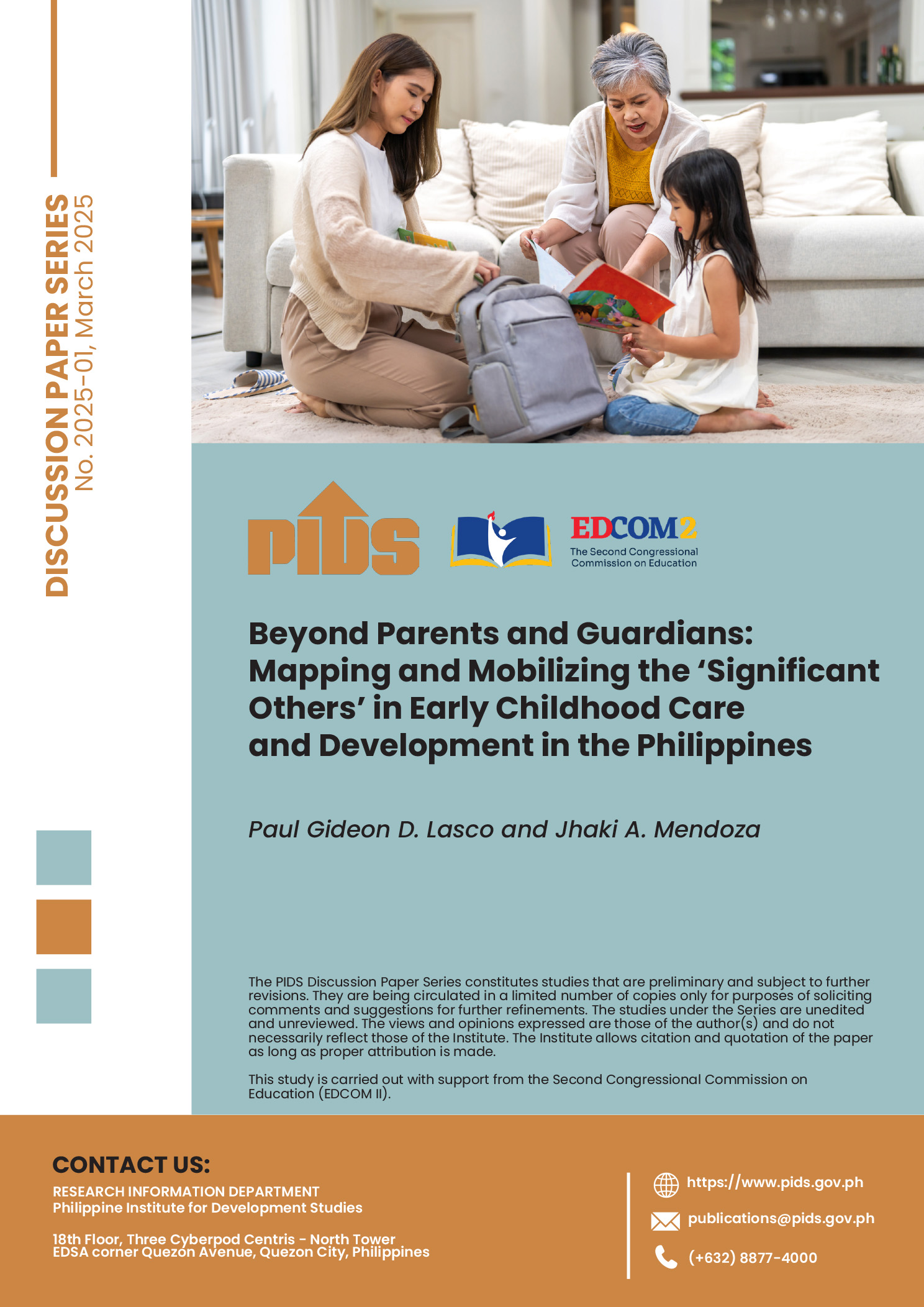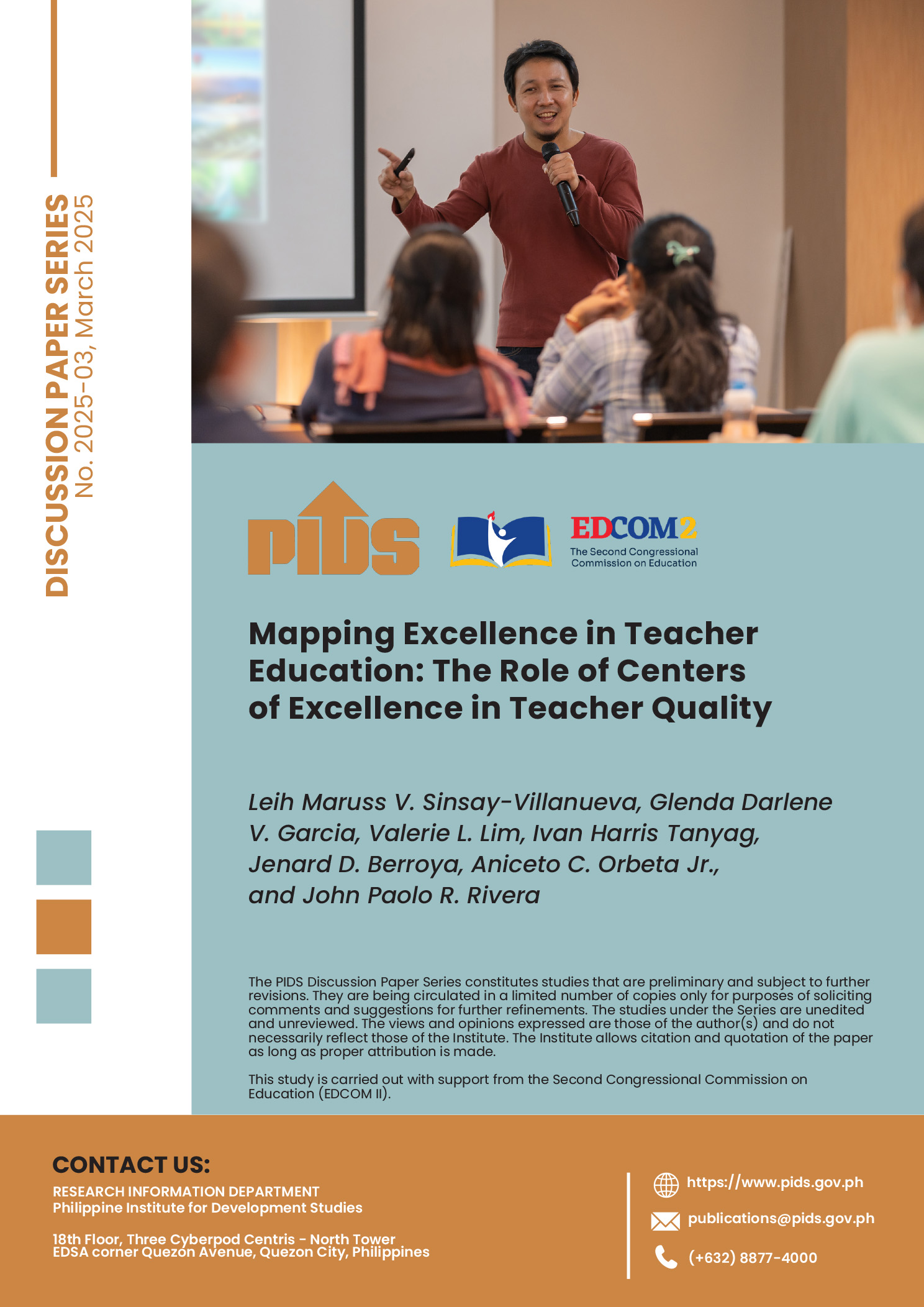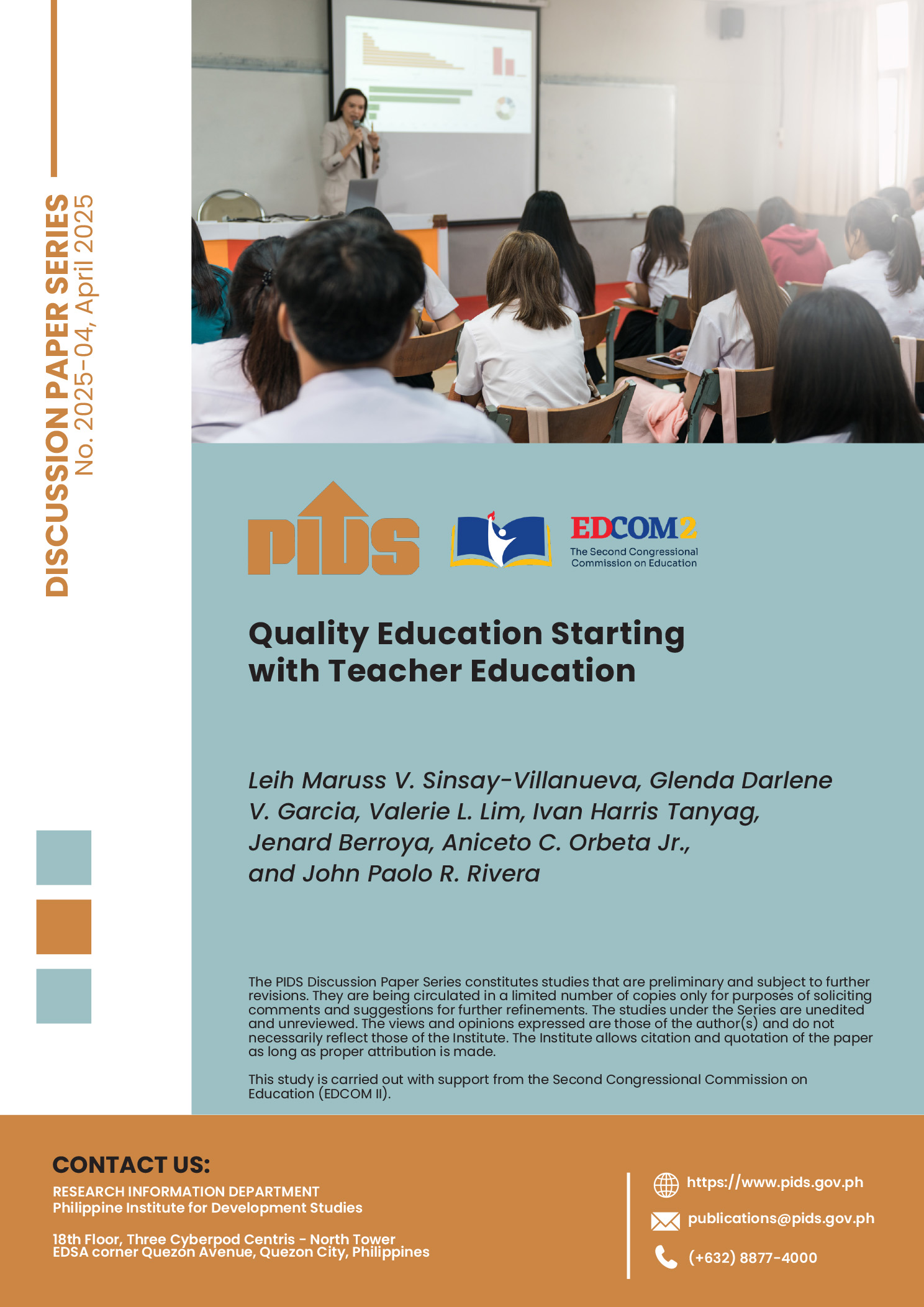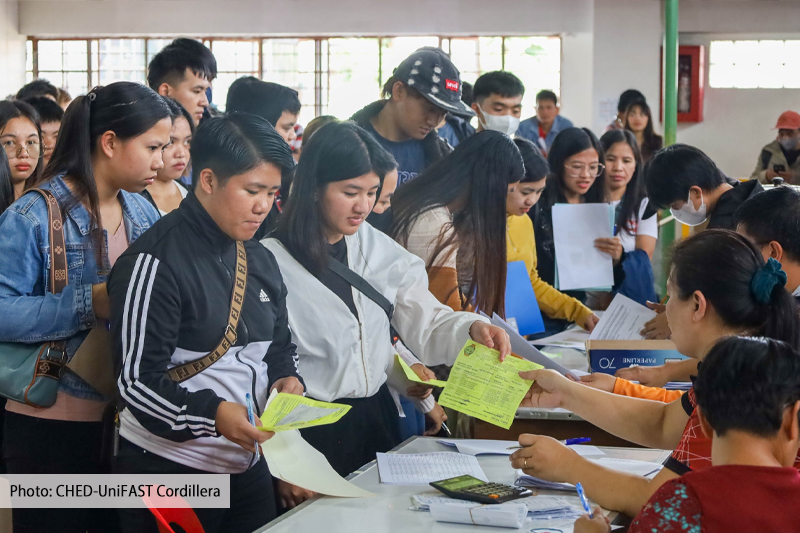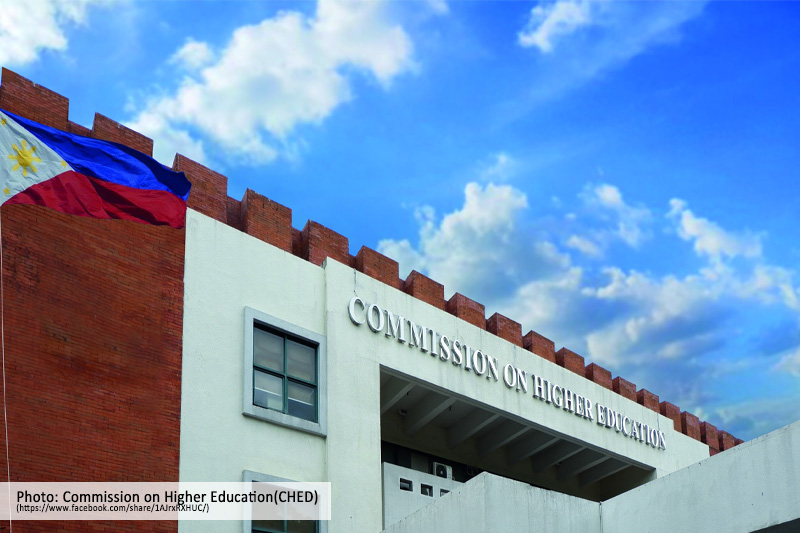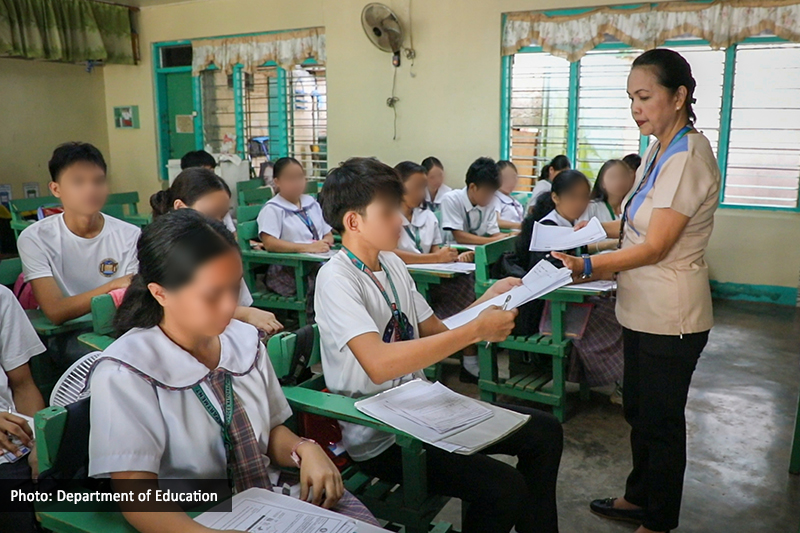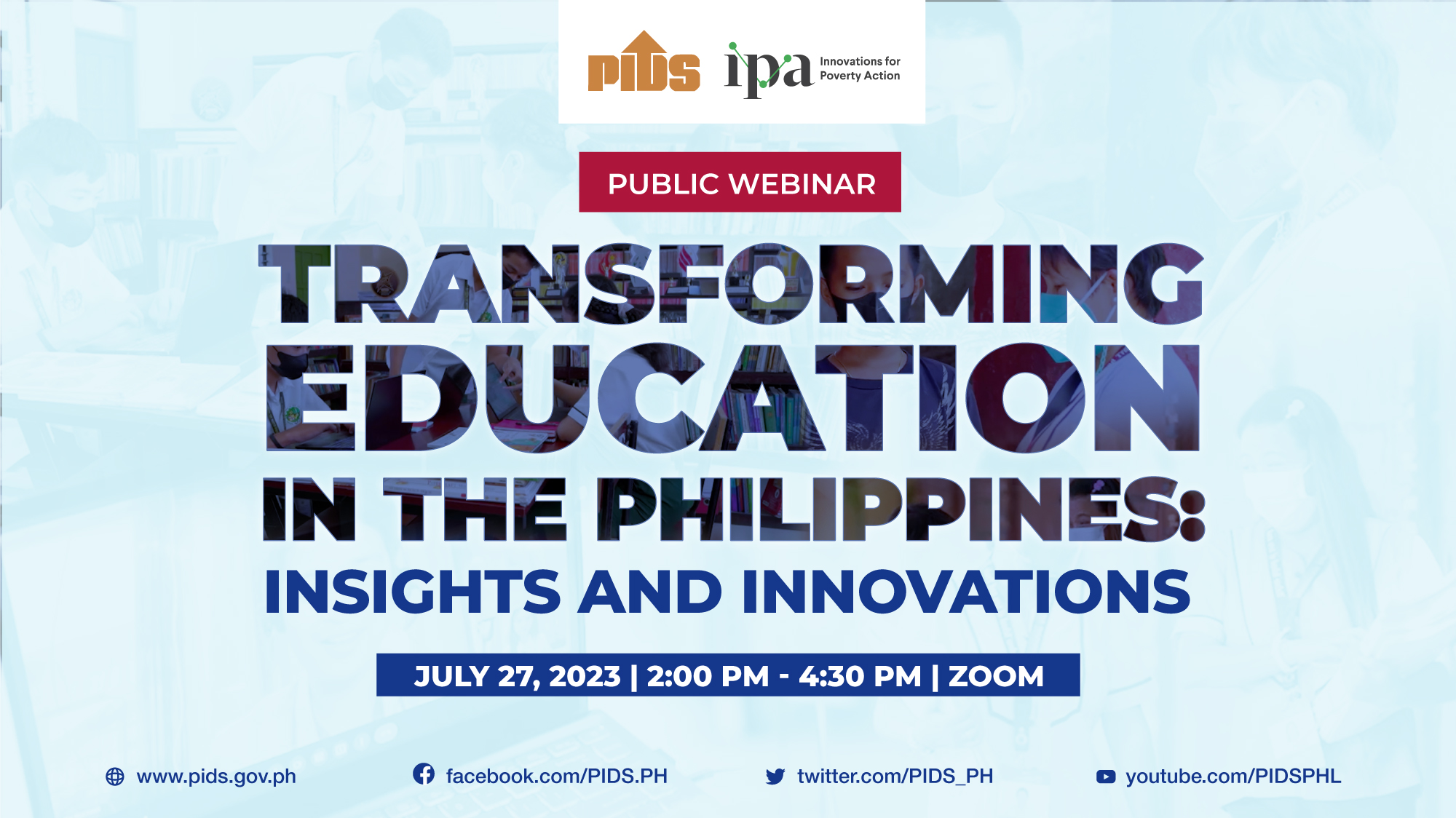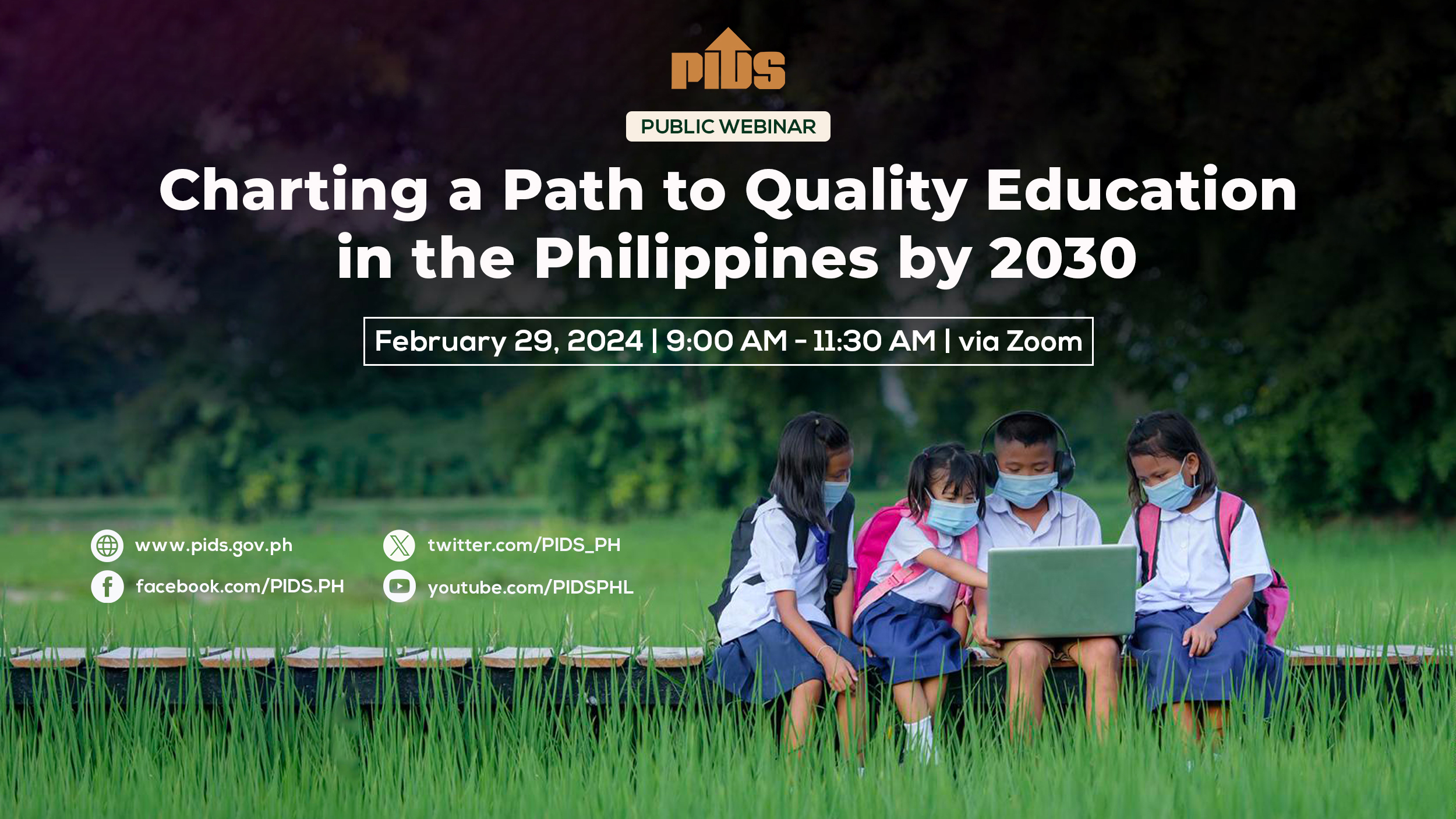Weaving ideas into an essay on paper (or on screen) to help us make sense of ourselves and of the world requires more than a strong grasp of grammar and punctuation. Beyond a good command of our chosen language, essay writing needs reflection, critical thinking, research, analysis, and empathy. By the essay’s last period, we could display our thought processes, personalities, prejudices, and awareness of ourselves and our surroundings.
Because of the underlying values that are perceived to be the roots --or the fruits-- of essay writing, this has become a common academic measurement tool in high schools and colleges in the Philippines. Over the years, I heard a teacher or two bemoan the quality of some student papers --with an appending comment (purely out of worry) that these students have been writing essays since elementary and should have already achieved a certain level of quality and improvement reflective of their years in school.
Yet quality is a subjective matter that comes with yardsticks that are partially influenced by our backgrounds and experiences. To me, what these teachers actually lamented about was the lack of power and discipline in some of the student essays, especially after giving their students adequate time to do their research and reflection.
This lack of power and discipline could be manifested in the non-existent planning, poor choice of words, weak string of ideas, mumbo-jumbo of concepts, plagiarized research, and absence of purpose and meaning --all of which may not have been given adequate constructive feedback or guided correction in the past likely because of various systemic factors such as an imbalance in classroom population.
These factors could prompt teachers to doubt their teaching skills, question what they lack after all the lesson planning and execution, and draw out a sense of dread about the country’s future, despite the saintly optimism seemingly inherent in Filipino teachers.
Apart from quality, scoring essays has its own challenges. A comprehensive and well-thought-out rubric is helpful. But the challenges are compounded by issues related to plagiarism, the use of chat bots, short attention spans, distraction, and reliance on authorities proclaiming their truth, all of which are encouraged by the ease of internet connectivity. Without proper guidance, clear instructions, and ethical foundations, some students might think that it’s okay to commit them in their essay writing process.
Committing these acts could have serious ripple effects --compromising the exhaustive and meaningful process of analysis borne from equally exhaustive and meaningful research for ease, convenience, and immediate results could result in an essay that does not reflect the full mental power of the student. When this keeps happening, we are cultivating a generation that might find the thinking process (leading to the essay writing process) difficult as they grow older and as they mingle with older generations who were trained in essay writing under different, if not harsher, circumstances.
The rubric can be adjusted to address these issues. But when teachers are vague in their knowledge about these issues, they might not be able to design an effective rubric that would make scoring essays more efficient. Still, our Filipino teachers are doing their best to get updated by attending conferences, receiving learning resources, and getting mentored, although many of them are already overworked, stressed, and lacking in support. Even when checking essays takes time and energy, they still believe in essay writing as an effective learning tool for students.
Despite their best efforts and despite the Philippines’ remarkable school attendance (compared to richer countries), Filipino students have ranked at or near the bottom in the 2018 Programme for International Student Assessment, which tested 15-year-olds in math, science, and reading, while the 2019 Trends in International Mathematics and Science Study, which measured the performance of Grades 4 and 8 students worldwide, showed similar results.
Our country has been working on policy-directed measures to upgrade teacher education and training and improve the quality of education, especially with the passage of Republic Act 11713, Excellence in Teacher Education Act, last year. That’s 28 years of waiting for the previous law (Republic Act 7784) to be amended. Then Senator Sherwin Gatchalian, co-chairman of the Second Congressional Commission on Education, announced early this year the commission’s readiness to evaluate the country’s education system.
A July 2023 policy note from the Philippine Institute for Development Studies contains several recommendations on how to improve education quality without losing past gains. The first on the list is “developing a system of generating and utilizing locally validated solutions to learning problems,” which will assess whether learning resources are delivered and producing the desired learning outcomes. That sounds promising for the discipline of essay writing through formal education.
Implementing these measures may not be a straightforward path, and the expected positive impact on students who need to write their essays and on teachers who need to grade them may not immediately happen, but that is what investments in education are about. Investments require patient and consistent contributions.
For now, these measures and more are enough for me to keep my hopes up for the future generation of writers who need all the help they can get to produce powerful essays that document their ideas and ideals for nation-building.

